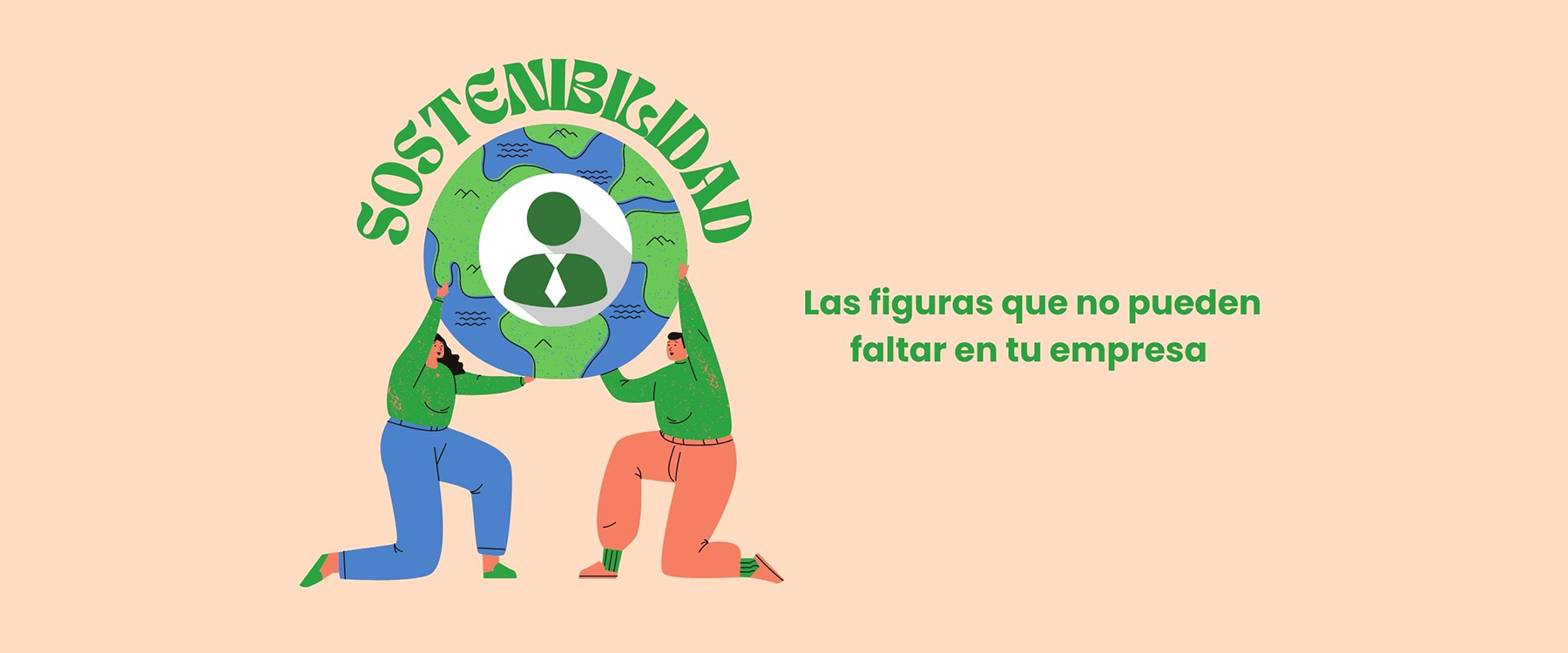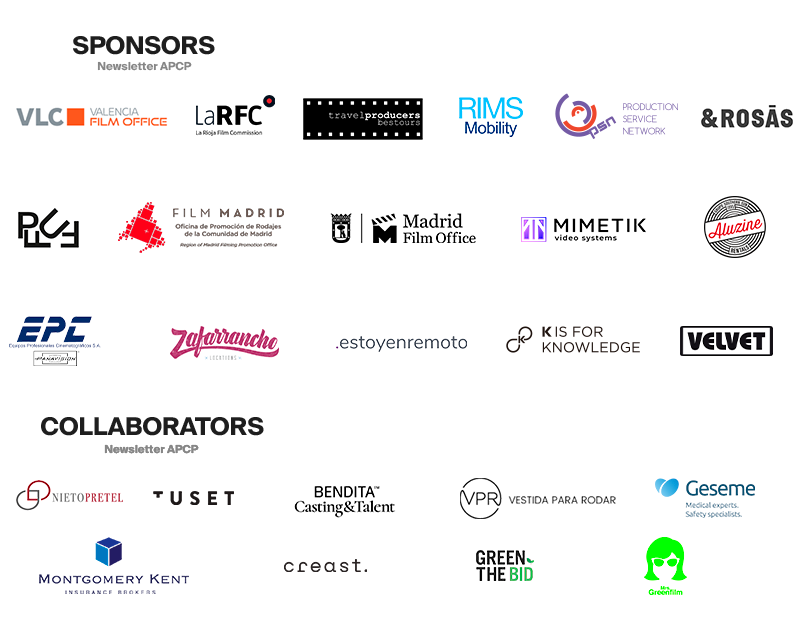
In general, more and more production companies have some specialised or trained workers in sustainability, but is this enough to meet the needs of the sector?
At the APCP we appreciate the need to implement this type of worker as soon as possible and we are therefore proud to be able to collaborate with pioneering companies in the training and implementation of this type of professional, such as Creast, which provides access to its services and digital tools to measure, reduce and offset emissions. K is for Knowledge, which specialises in the audiovisual sector, offers tools that help production companies and all their stakeholders to minimise the negative environmental impacts of their activities. And finally Mrs Greenfilm, which incorporates daily measures that help the sustainability of the sector.
We often believe that training one or two employees in specific sustainability courses is enough. This is undoubtedly a necessary step that we all need to take, but we do not have to be satisfied with that. There is an increasing demand for production companies with the green tag of sustainability and it is therefore essential to start incorporating professionals into the workforce, as well as departments that are sufficiently qualified to deal with the situation.
Having figures such as the Eco Assistant, Eco Manager or Chief Sustainability Officer (CSO) can make the difference between the competition, making us stand out and, more importantly, improving our company’s relationship with the environment. Although they may not be easy to find, these figures can implement sustainable habits and practices that distinguish our sustainable work as an organisation.
Although at first glance it may seem that their responsibilities can be divided among employees already hired, we must emphasise the need for a sustainability specialist to deal with issues such as accommodation, mobility, energy, waste or catering itself. All these aspects can be improved by applying certain practices and consumption habits.
As in the other departments, there must be a transversal relationship with the professionals in charge of sustainability, maintaining close contact with the Marketing and Communication management. This is why there is a growing need to create a department specialised in sustainability, not simply professionals with knowledge of sustainability introduced in other departments.
If there is not yet a sufficiently trained professional in your company to deal with these situations, we encourage you to take this as a challenge, to challenge yourself to see how far your company can improve in terms of sustainability.
We hope that in the future more and more companies will realise the value of these steps.



